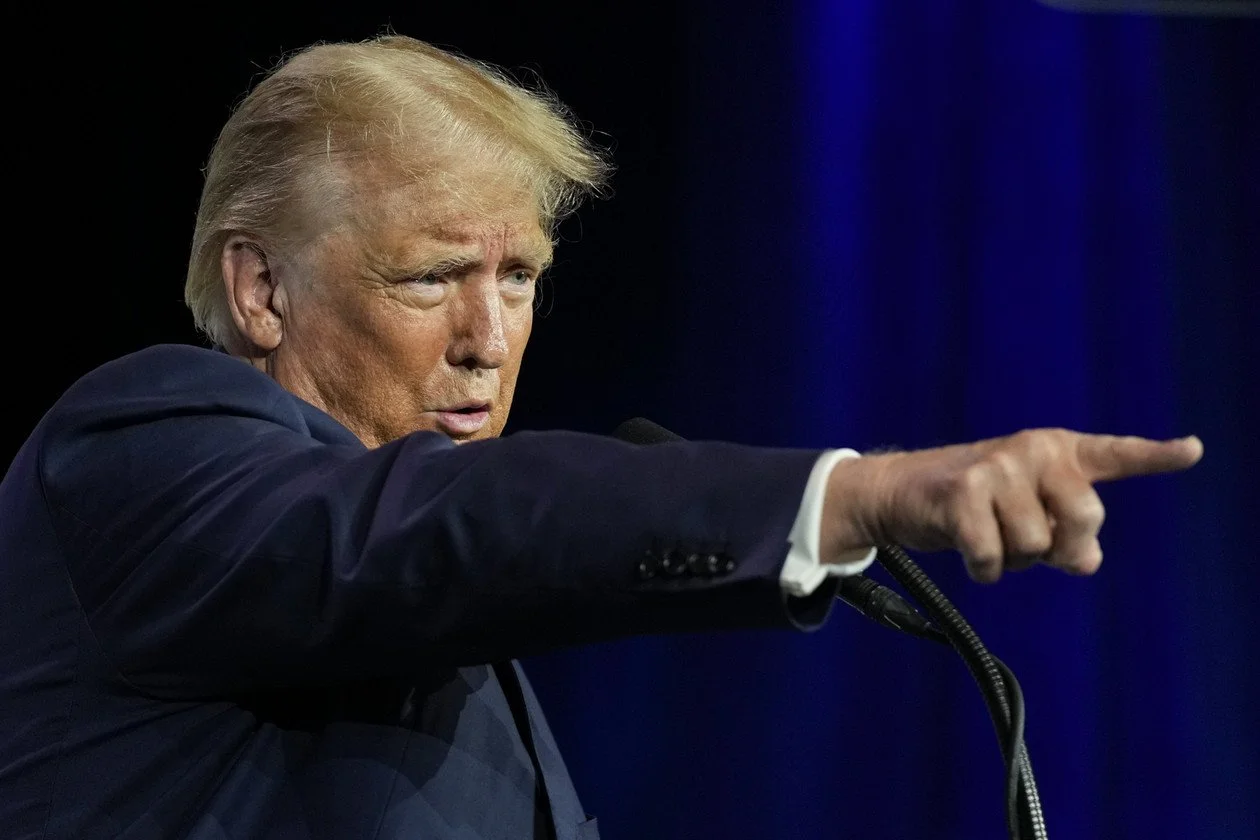The Great H-1B Visa Debate: Trump Supporters Clash Over Immigration Policy
A fierce debate has emerged among Donald Trump’s supporters regarding the H-1B visa program, which allows US companies to employ foreign skilled workers in various sectors. Critics argue that the program undermines American job opportunities, while supporters maintain it attracts top global talent, particularly in technology fields. Recently, President-elect Trump has declared his support for the program, despite past criticisms, and tech tycoon Elon Musk has lauded its benefits.
The H-1B visa program has been in effect since 1990, granting visas typically for three years with the possibility of a three-year extension, capped at 85,000 annually since 2004. Of this cap, 20,000 are reserved for foreign students who have obtained advanced degrees from US institutions, although exceptions allow for more visas under certain circumstances. In FY 2023, over 386,000 H-1B applications were approved, a decrease from the 474,000 approved in FY 2022.
During Trump’s presidency, an executive order was signed that increased scrutiny of applications and led to record rejection rates, while under Biden, the approval numbers have been comparable to Trump’s. The current demand for H-1B visas is rising sharply, with over 758,000 applications expected for 2024.
Technical fields dominate H-1B visa approvals, with 65% in computer-related jobs, followed by architecture and engineering roles. Major employers include Amazon, Google, Meta, and Apple. The median annual salary for H-1B visa holders in FY 2023 was $118,000, surpassing the median salary for US computer and mathematical occupations.
Critics argue that H-1B workers suppress American wages, but supporters assert that most earn above the prevailing wage set by the Department of Labor. A significant majority of H-1B visas are issued to Indian nationals, with men making up about 70% of approved applicants, and the average age being 33. The resolution of the H-1B debate may significantly impact Trump’s upcoming presidency.

